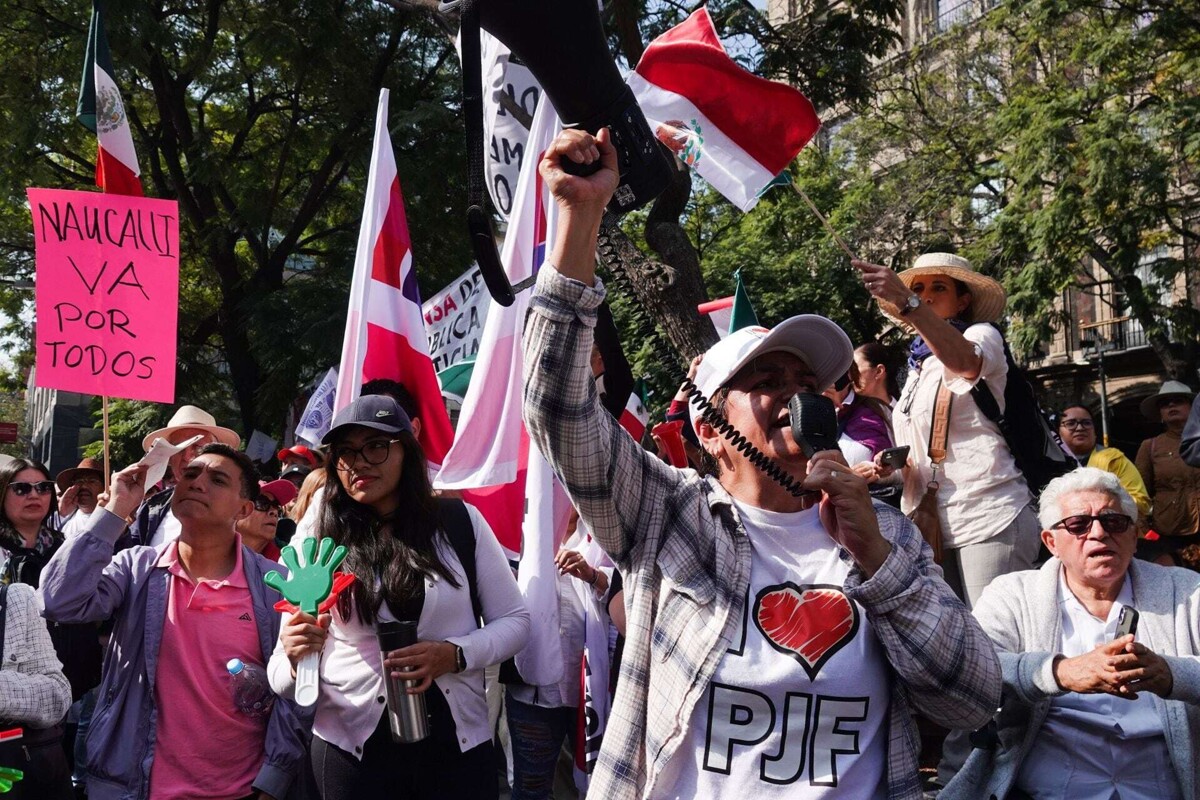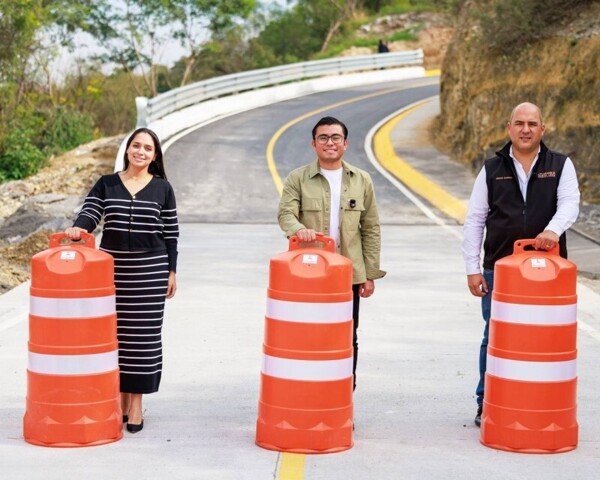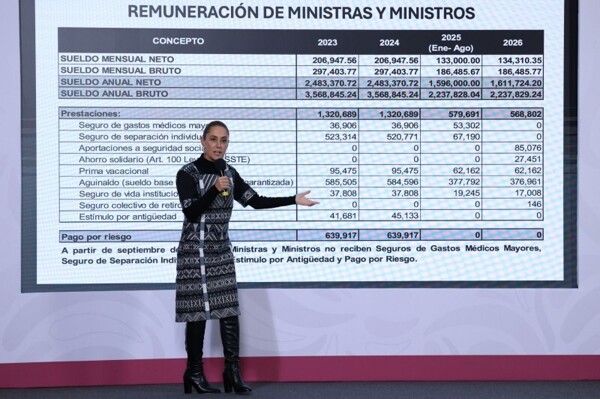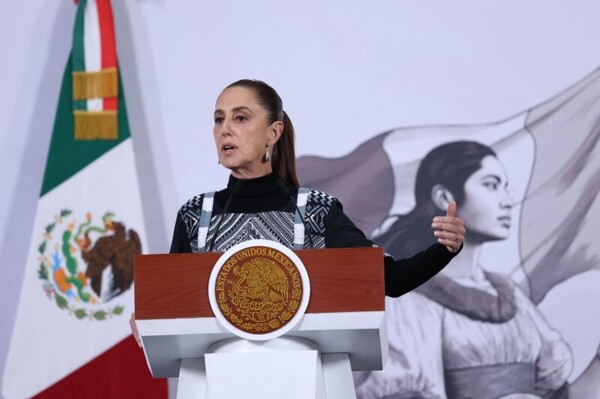
Experts agree that unless the root of the problem is addressed, no new judge can change the justice system in Mexico. The budget for the public prosecutors in the country does not meet the challenges they face. Despite this, there is no certainty that a change of this magnitude will resolve the fundamental issues hindering the administration of justice, such as the lack of reports due to distrust in the authorities and the perception of their ineffectiveness.
The extraordinary electoral process for the federal judiciary and the State of Mexico began on April 14, during which candidates will be allowed to promote their professional backgrounds, merits, and visions regarding the jurisdictional function, as well as present proposals to improve the justice system. Although it is an unprecedented change, it has generated various opinions, with more uncertainties than certainties about whether the direct election of judges, magistrates, and ministers will resolve the core problems of justice in the country.
Electoral campaigns must comply with guidelines to ensure equity, avoiding public or private funding, contracting advertising space in media outlets, and personal promotion. Without sufficient financial resources, the administration of justice will continue to face limitations in its main goals. The lack of coordination between prosecutors and police, as well as the need to strengthen technical capacities and financial sustainability, are obstacles that experts identify as priorities.
The election of judges by popular vote could change the personnel, but it does not guarantee substantial improvement if the structural root problems are not addressed. The electoral process on June 1 in Mexico will be historic, electing 881 judicial positions at the federal level and 1,423 at the common jurisdiction level. The final decision rests with the citizenry amid a debate marked by the need for change, although it is noted that this must be gradual, from the grassroots, to achieve effective transformations in the judicial system.














